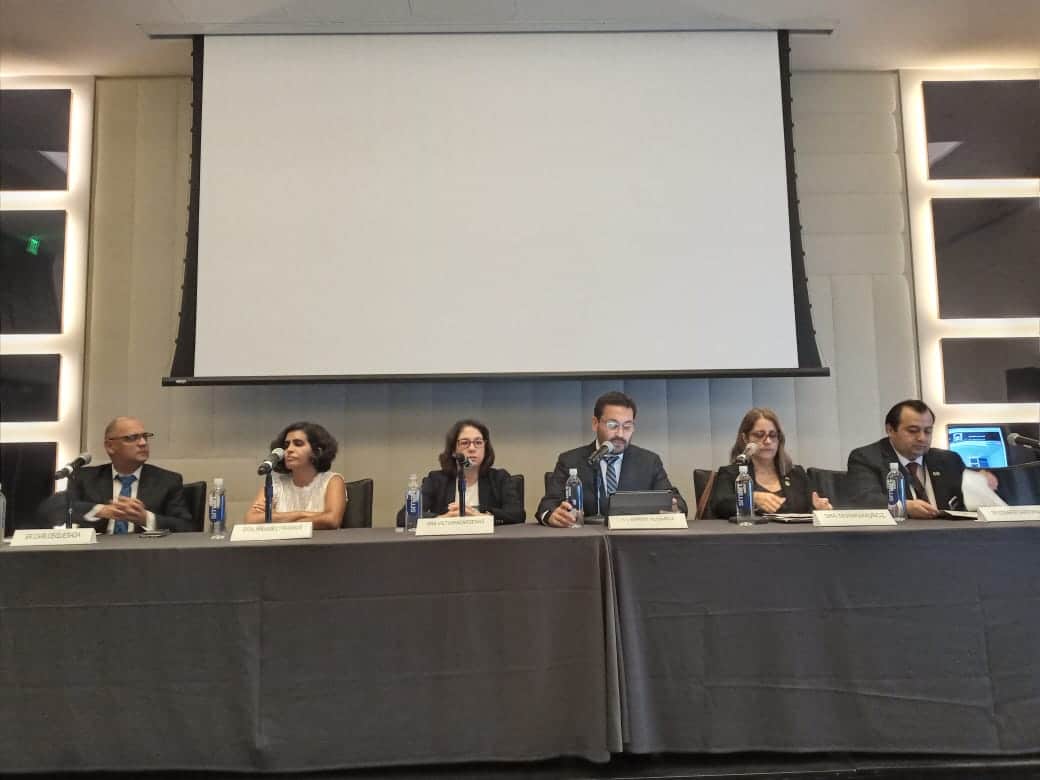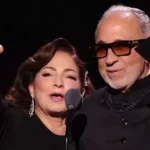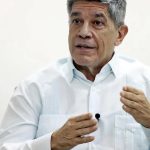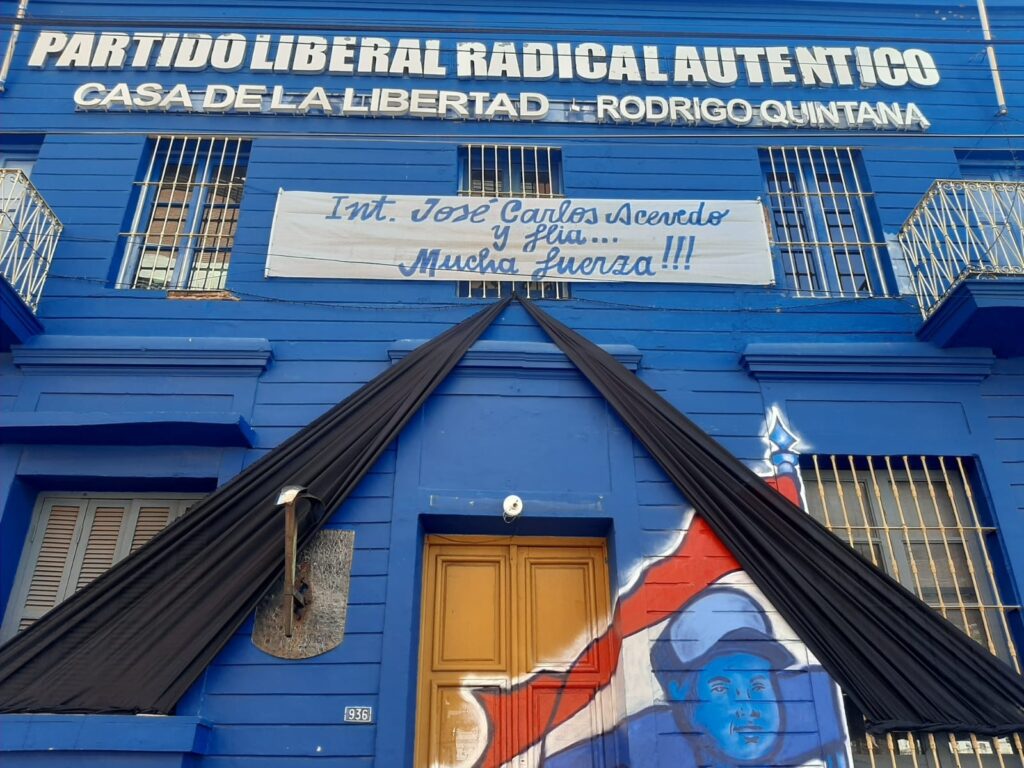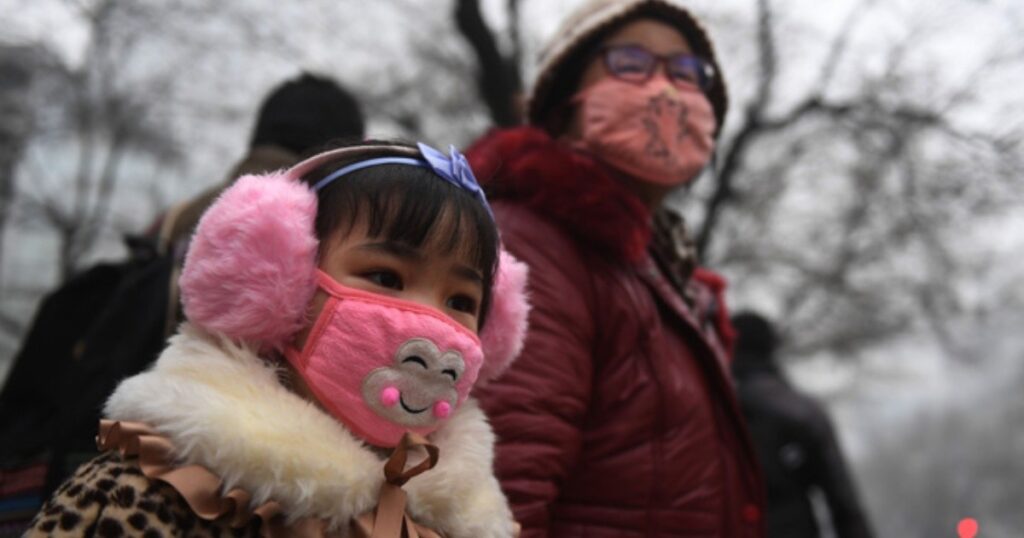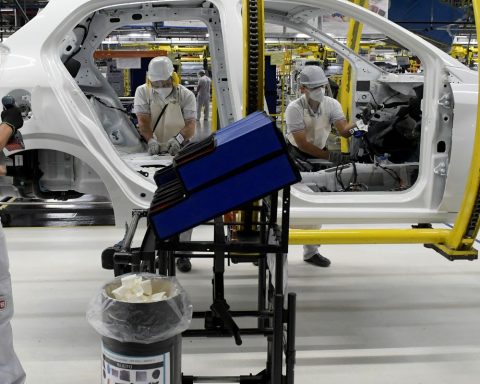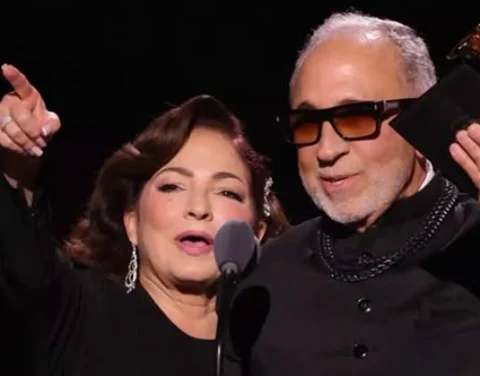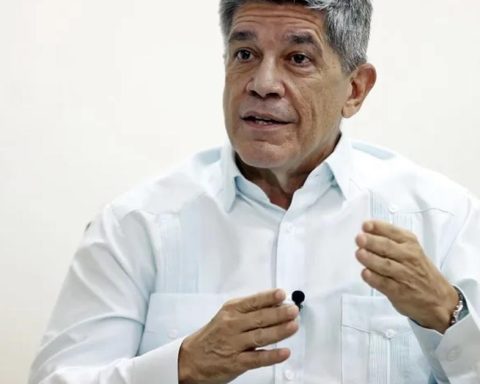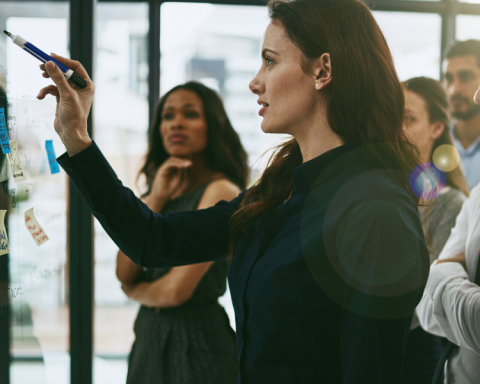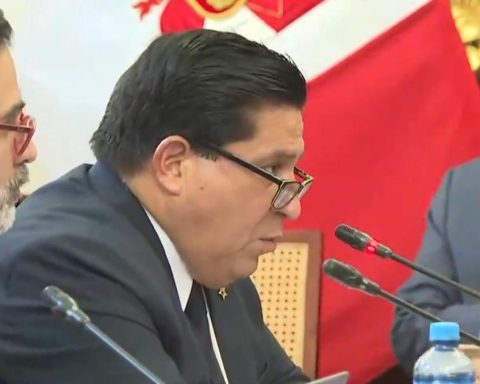The wife of the political prisoner Juan Sebastián Chamorro, Victoria Cárdenas, the coordinator of the United States/Venezuela Penal Forum, Munira Muñoz, and the human rights defender, Anamely Ramos, agreed that “Nicaragua, Venezuela and Cuba have become one big prison to lock up all its citizens, especially dissenting voices.”
The three women participated in the forum “Prisoners for what?: People imprisoned for political reasons in Cuba, Nicaragua and Venezuela”, organized by the Latin American Human Rights Consortium, led by Race and Equality, within the framework of the IX Summit of the Americas that took place in Los Angeles. “They have hundreds of people locked up in prisons in inhuman conditions in these three countries and that is why our demand is for immediate freedom for all these people locked up by dictatorships,” Cárdenas insisted.
With similarity, they described the inhumane situation of those imprisoned in these three countries: isolation, lack of medical attention, confinement in punishment cells, threats to family members, among other violations.
“The political prisoners in Venezuela are without any protection and the families suddenly find out that they were transferred to hospitals, but without knowing why,” Muñoz explained.
The situation of Cuban prisoners was described as “terrible” by Ramos, who is also an artist and member of the San Isidro Movement of dissident artists. “They are subjected to punishment cells, they have to resort again and again to hunger strikes to demand their rights and when they get sick they don’t have the medical attention they require,” he lamented.
Cárdenas emphasized the situation of women political prisoners “because they are mistreated” and in some cases “they are held incommunicado in cells without bars and only have contact with their interrogators.”
“All the political prisoners have been imprisoned for opposing the Daniel Ortega regime and are completely defenseless, as they were sentenced in absurd trials. I believe that there is no coincidence in the conditions in which prisoners live in these three countries”, he expressed.
An affront to democracy
At the event, through a video, the Undersecretary of State for Western Hemisphere Affairs of the State Department, Brian Nichols, affirmed that the arrest and political trials against peaceful protesters “continue as an affront to democracy.”
“The harsh sentences handed down to people unjustly detained in Cuba, Nicaragua and Venezuela punish the political opposition and try to silence anyone who supports democracy,” he said.
In the case of Nicaragua, he recalled that since 2018 the regime “has orchestrated a brutal repression of human rights in response to widespread opposition to the regime’s policies,” resulting in the death of 355 Nicaraguans, including many young people and university students.
In the run-up to the November 2021 general election, the regime arbitrarily jailed more than 40 opposition figures, including seven presidential candidates and several prominent independent journalists, manipulating the result well before election day. .
For his part, the rapporteur of the Inter-American Commission on Human Rights of persons deprived of liberty, Stuardo Ralón, recalled that they have warned that “political and ideological discrepancy continues to be the main reason for imprisonment and to try to silence, repress and criminalize to those who express their thoughts or opinions, in a critical or diverse way, to the lines imposed by the state officialdom.”
“Political prisoners have been condemned for the instrumentalization of justice, and they have done it to silence the voices that only ask for freedom and democracy,” he stressed.
Carlos Quesada, director of Race and Equality, insisted that greater pressure from the international community is needed to achieve the release of all political prisoners.
“The people unjustly imprisoned experience terrible violations of their human rights and have been sentenced in trials that do not respect due process,” he lamented.
